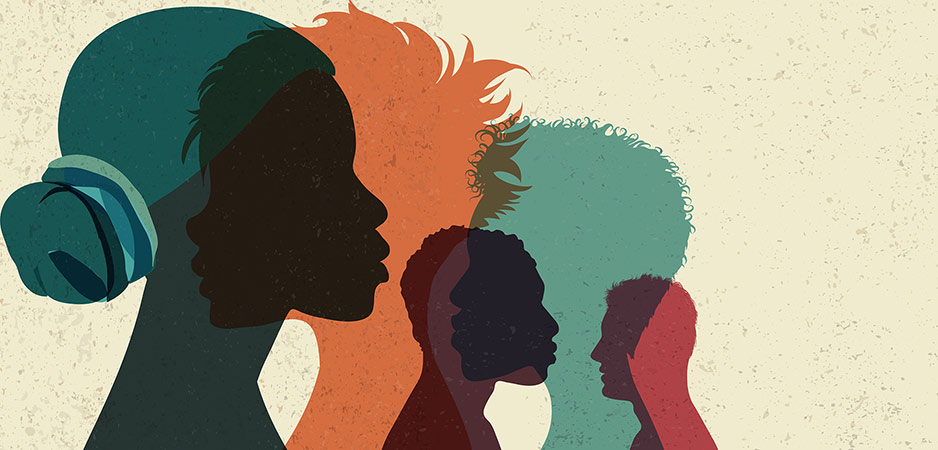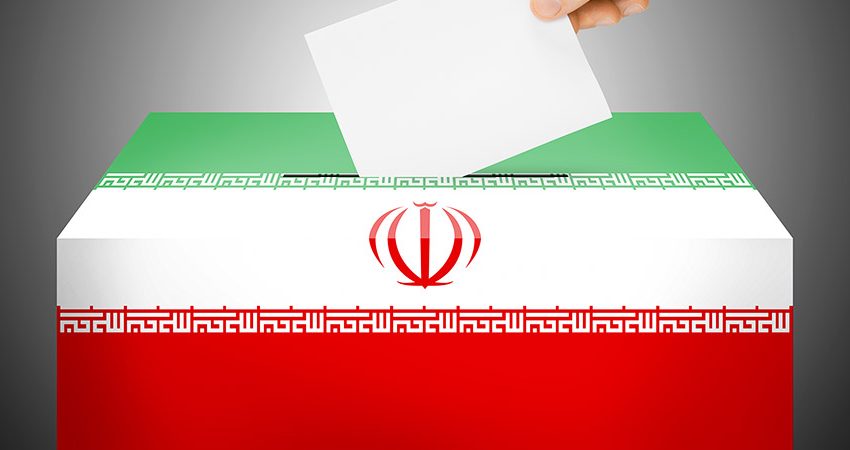Twenty years ago, Amnesty International’s Racism and the Administration of Justice” report warned that “unchecked racism can lead to tragedy on a massive scale.” Last week, as we remembered George Floyd and pondered over the meaning of his death a year ago, another aspect of unchecked racism resurfaced. On May 21, just as a cautious ceasefire was beginning thousands of miles away between Israel and Hamas, Joseph Borgen, a Jewish man reportedly on his way to a pro-Israel rally in Manhattan, was attacked by demonstrators attending a pro-Palestine rally, one of whom has since been charged with a hate crime.
The A-Word in the Arab World
The day after the attack, Borgen was interviewed by CNN anchor Don Lemon, where he said that he wanted to understand what made those who attacked him “act the way they did.” Prejudice, of course, comes in all shapes and sizes, all colors and cultures — as does violence. But the linchpin to unpacking the absurdity of this attack, of Muslim-on-Jew hate or Jew-on-Muslim hate, is understanding anti-Semitism and, through the drivers of that phenomenon, Islamophobia.
Familiarity Breeds Contempt
This attack, despicable as it was, should not surprise us given our understanding — or lack of it — of anti-Semitism, described as that “very light sleeper,” so easy to awaken. Such attacks are privileged acts of hate because the attackers consider their own particular cause to be exceptional and thus far from racist. Whether you are Jewish or Muslim, Arab or Israeli, the internet is a particularly convenient place to find vindication for what you think is the “truth.”
What we encounter online is a cacophony of privileged hatreds. Jeremy Rosen wrote in his blog recently that, “In the age of social media and mass communication, so many people only believe one propagandist side of the argument and make no effort to hear another point of view.” He writes of how this saddens him in the same way that jihadism has given Islam a bad name “when it is only the most primitive, insecure, and misled who think that way.” But as he rightly states, “these are the tools of the prejudiced.”
When otherwise peaceful demonstrations manifest themselves in brutal attacks by individuals, verbal or physical, on a perceived “other,” it is racism, pure and simple. But when the perpetrators of such acts are themselves from minority communities, it kowtows to only one agenda — that of white supremacy — which has no sympathy with any of them. The murder of George Floyd and the ensuing public awakening among so many diverse communities — of color, of faith, of culture, of economic disparity, of difference — should be a cue for communities everywhere to reexamine their own attitudes and get their priorities right.
In relation to Jews and Muslims, a navel-gazing complacency has largely ignored the bigger picture, which is the fight against systemic, institutional or structural racism. The murder of George Floyd and the subsequent Black Lives Matter protests have reminded the world that all people of good conscience should be focused on this type of discrimination. However, the Middle East question continues to revolve around, perhaps fatalistically, over the relationship between Arabs and Israelis, Muslims and Jews, to the detriment of those communities themselves as well as that greater struggle for minorities — combating discrimination and all forms of racism within the societies they actually inhabit.
Common Ground
Can Jews and Muslims find common ground from the example of what the killing of George Floyd has taught us? It isn’t as though they have not had opportunities to focus on a more nuanced understanding of each “other.” Attempts in the past to do so have covered art, music, academic enquiry and dialogue. The British composer Roxanna Panufnik’s work, “Abraham,” for instance, is a beautiful musical example of bridge-building between religions that share the essential belief in one God.
In 2008, “The Call for Peace, Dialogue and Understanding between Muslims and Jews,” an open letter with 40 Muslim signatories, highlighted how, “although many … only know of Muslim-Jewish relations through the prism of the Israeli-Palestinian conflict, there needs to be an awareness of other positive encounters at different stages of our history.”
In 2004, I co-convened a remarkable initiative called Alif-Aleph with Dr. Richard Stone, a former chair of the UK-based Runnymede Commission on Islamophobia. The manifesto of that initiative remains relevant and ought to be revived in the context of George Floyd’s wider legacy. The initiative ambitiously aimed to create a new golden age in which Muslims and Jews in the diaspora would spread the example of working together to other communities, building on their mutually positive contributions to society. Living side by side in the West is a new situation that provides new opportunities.
In practice, the initiative explored a unified purpose in addressing racism. Underlining it was “a common experience of having to address hostilities that derive from mistaken stereotypes of our religions and our cultures, leading to Islamophobia and Antisemitism.” It declared that those who wish to promote negative stereotypes of Muslims and Jews as people who hate each other will be recognized as extremists, because “What the world needs are Harmonisers, not Polarisers.”
Violently attacking and verbally abusing an innocent person because of how you perceive a particular truth makes you anathema to that truth, makes you a hypocrite, a hater and a racist. It makes you as unjust as those you are trying to expose.
So what made the attackers “act the way they did”? Don Lemon probably answered that question on his show when he earlier told fellow CNN host Chris Cuomo that “the issue is for people to understand their own implicit bias and racism. … There are different cultures in different places but that doesn’t change … what racism is.” That is the lesson the jury heard when convicting the racist killer of George Floyd. That is the lesson Jews and Muslims, Arabs and Israelis must hear in their own search for a meaningful resolution of what divides them.



